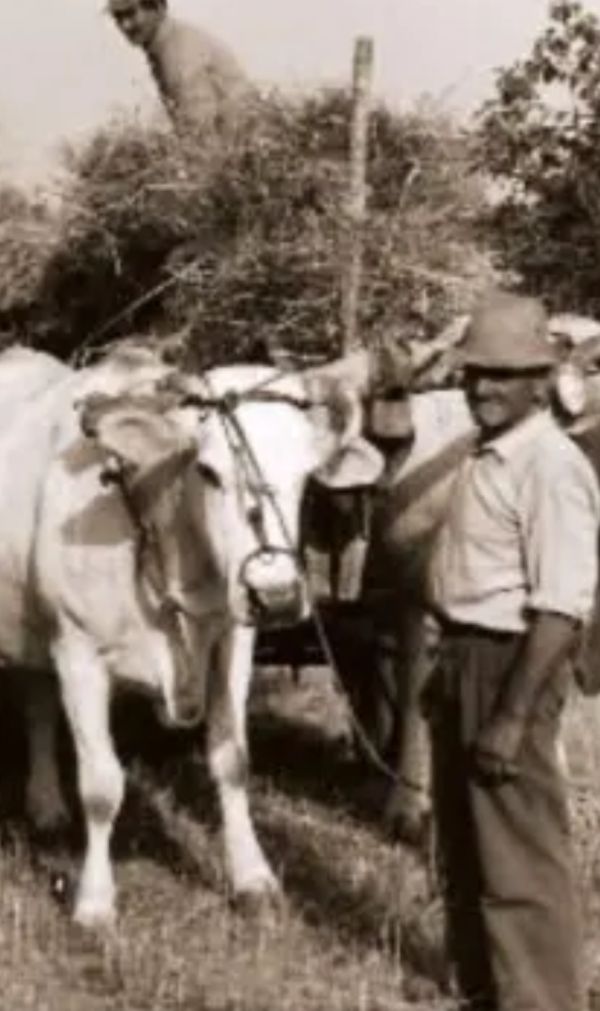The Coming of the Kingdom neither above nor in front
(Lk 17:20-25)
The theme of the Son of Man coming is pre-Christian, and all the data of the text already appear in the Jewish apocalyptic literature. But in it the Eternal «will come» and "will show up" at the end of time.
However, the Father doesn’t govern the sons by issuing provisions as a sovereign would, but by transmitting his own Life of indestructible quality.
Therefore He doesn’t ask for obedience - like a king. He desires ‘similarity’.
It’s the Gift, and the know-how to read inside things, then our quality and relational commitment, that realize or decelerate the establishment of a new world, continually strengthened.
Nothing to do with predictions (v.20): it’s in the field the unexpected wisdom of the Gift, and the opposite "power" of God. Not of strength, not aggressive.
He himself stands not in front or above, but «in the middle». Nothing peremptory, overflowing, gigantic. Family Style.
«In the midst»: to enlighten all circumstances. To cohabit, to prepare, to take root in the hearts in a lovable, intimate, convincing way.
The coming of his Kingdom we won’t be able to admire it as a show.
The Presence of Fraternities in the world is woven with real life, not roles or vague narratives, sophisticated representations, or illusions.
Thus the Church will not be an anonymous and hostile society that astutely draws the maximum of "render".
The coming Community should not be part of the mundane situation, but should escape all predictability and limitation.
The alternative Kingdom is of human condition, yet... ‘form’ that does not accept finitude as the only fate, nor is it adapted to our small measure of determinations and reassurances.
The Kingdom «in Persona Christi» shines a lucid and dreamy Energy, close and projective, which does not impose itself: animates the entire afflatus of creatures that put themselves in play.
Outside his ordinary circuits, the Lord does not ask for any glorious manifestation.
«The Kingdom of God does not come in such a way that it can be observed, nor will it be said: Here or there» [vv.20b-21a].
It’s not a question of the end of the world, but of the end of a certain model’s type of successful humanity - now intimate to the «Son of Man» (vv.22.24).
And the opportunity to overturn the concatenations [ancient or fashionable] presents itself at any moment; it flickers immediately (v.24).
All this brings the faithful into contact with the inner nature of the Kingdom. And in this way they know its wisdom, the hidden action that extracts fruitfulness from the chaotic sides.
Different veins, flowing of Spirit.
Otherwise it may even seem that God loses control of history.
And we, discouraged, put ourselves on one side of the road, watching intimidated, perhaps surrendered; hoping for the arrival of other things, external.
Instead, step by step his humanization project is realized - here - in all those who welcome the proposal to accentuate their lives, giving themselves.
No Domain.
To internalize and live the message:
How do you embody the prophecy of the ‘coming’ Messiah without ceasing? Do you personally respond or do you run after striking events?
[Thursday 32nd wk. in O.T. November 14, 2024]












